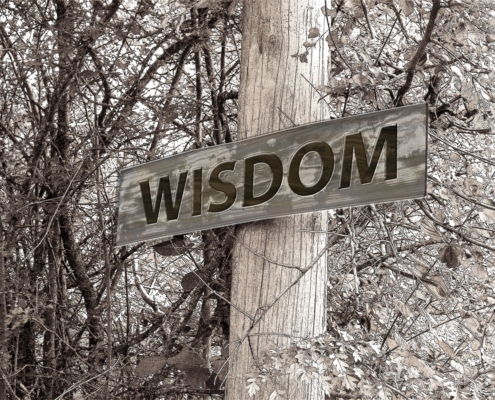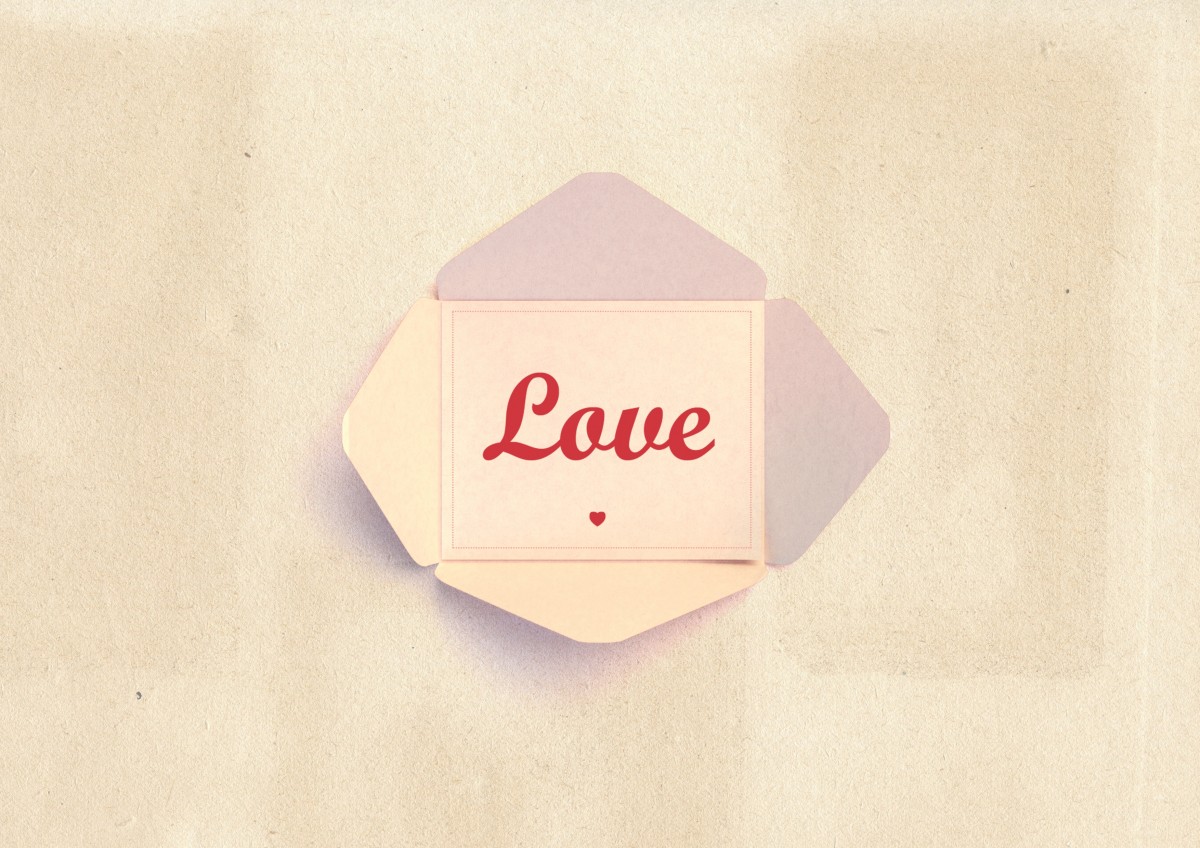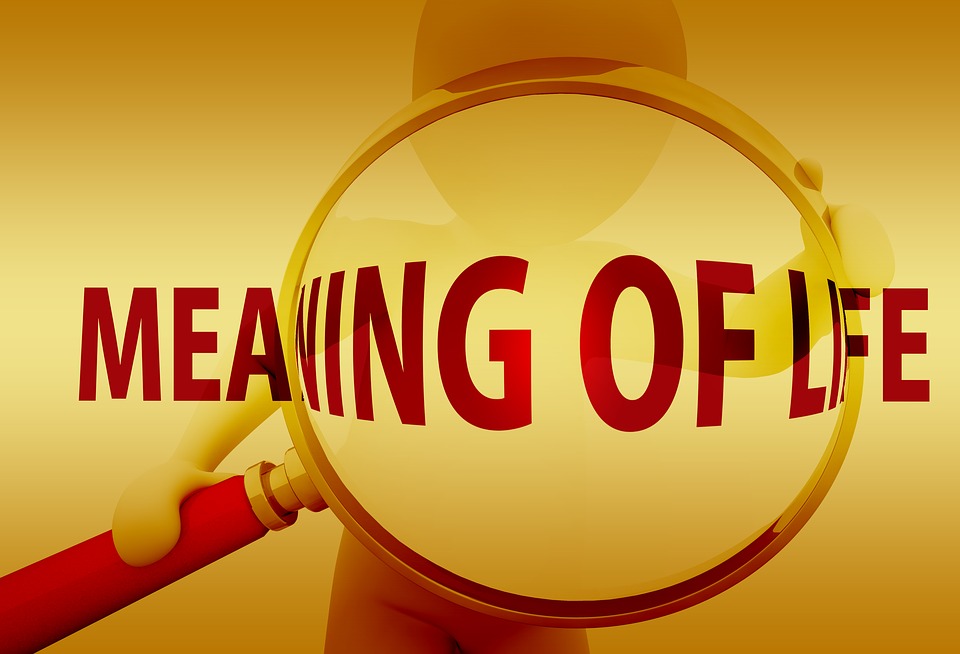Comfort Zone/Discomfort Zone (Either/Or): Is it Really that Simple?

How many times have you heard or read something along the lines of: “To grow, you must always get and be outside your comfort zone”?
Personal development types often talk about how important it is to go outside your comfort zone.
There is definitely some validity to that, to a certain extent. Sometimes we stay static and hang on for dear life to the status quo even when we have or in spite of having strong feelings to the contrary. We may be yearning for a positive change in our lives, yet we stay stuck because stepping out of our usual routine feels scary, uncertain or even dreadfully painful.
Let’s break down the concept, however, a bit more. I’d say there’s a vital distinction to be made between what may or may not be within your comfort zone, and what resides within your alignment zone. Focusing solely on what is or isn’t within your comfort zone I’d say is too darn simplistic. “Change (solely) for change’s sake” — always, and in all ways, without scrutiny — is a rather compulsive, rudimentary and dare I say dumbed-down approach to spiritual growth.
Let’s dive further into this whole idea. Let’s fine-tune it.
Here are examples to help illustrate what I mean:
Let’s say that over the years, you’ve become comfortable in a relationship, or in your career (or even with regard to your living room furniture, for that matter!) Let’s say that you keep going along living your life with these people or things, etc. — keeping things as-is — keeping things “status quo” – so to speak, because well, it’s familiar. Surely, it is often easier to keep things the way they are, instead of risking them in exchange for the unknown.
What if, however, one or more of these situations no longer serve you, and are no longer in furtherance of your highest good? Or, what if they never were what your soul truly desired, and somehow you found yourself with these people or situations or things in your life? What if the relationship, the job, those home furnishings —whatever they may be– really don’t “light you up?” Well, that’s a pretty good sign that even though they may be considered as being within your comfort zone (i.e., in terms of “hey, at least they’re familiar. I know what it is I’m getting”) — they may not be within your alignment zone.
In these situations, it IS in your best interest to stretch outside your comfort zone, and take the leap, with faith and trust, to make a healthy change. The good news is that the first step off the ledge is by far the scariest and the toughest. The more you do it, the more familiar THAT then becomes. You then have the experience of having done it (and you survived – yay!) Hey, what do you know, THAT (new thing) itself becomes less uncomfortable. That builds confidence, and satisfaction.
When A Situation Does Not Serve You or Your Highest Good
If you heard my interview from the Soul Shine Series, you’ll recall that I left the practice of law right in the middle of a recession, without another job lined up. I listened to my intuition that told me that being a civil litigator was anything but in alignment with whom I was meant to be in this world. Even though I had offers from other law firms back then, I made the conscious choice to take instead, a corporate job in legal sales, where I could find respite from the often 70-hour weeks and strain of contorting myself into what had really begun to feel out of alignment for me.
Despite the “good money” I was making as a lawyer, the conflict and lack of congruence with my authentic self that it required, was not in service of my highest good. Leaving the practice of law, and a high paying job before I had secured another one (I was steeped in law school debt too at the time), was definitely outside my comfort zone. Alas, however, it was beautifully and soulfully rooted well within my alignment zone.
I’m not suggesting that this type of leap is right for everyone. It may not have been right even for myself at another point in my life. At that juncture, though, for me, it proved to be a very good choice. I’m forever grateful for making that decision to “jump ship”. I started that corporate job on July 1st of that year. On July 2nd, I found out that my father had died suddenly from a massive heart attack. Eight months after that, my dear brother died from suicide. I cannot even imagine what it would have been like for me to experience those deep back-to-back losses while still practicing law. My new boss and team at my new corporate job were blessedly supportive and deeply understanding. And, I now had a newfound, sacred space created for me from which to grieve.
A really key factor is deciding for yourself, from a place of self-respect and self-honor: What is and is not with your alignment zone. For more on how to get clear on what is in alignment for you and in congruence with your soul’s desires, go here.
“All the comforts of home”
Now, maybe that relationship, that job, or your favorite comfy chair, are in fact within your comfort zone and in alignment with your true, authentic self, and your soul’s true desires. Well, in that case, I say: Bravo! Brava! Congratulations! There’s no need then to force yourself to step outside either of these zones. There’s no reason to step blindly outside your comfort zone purely in the name of so-called “personal growth”.
It is not wise to live outside your comfort zone all the time. To do so, means running the risk of becoming addicted to change for change’s sake. You end up staying so busy trying out new things that you’ve left no room to cherish, savor, and delight in any of them! You run the risk of treading roughshod right over any opportunity to observe, reflect upon, and learn from the experiences.
It’s a matter of integrity
Ready to fine-tune this concept even more? I’ve not really heard any gurus put it quite this way in the 20 years or so that I’ve been involved with personal transformation. And, when my own intuition brought it to my attention during the last year or so – it nearly knocked my fuzzy slippers off!
Okay, here it is –
It’s really important and often may be necessary, to venture outside your comfort zone if and only if it stretches you in a life-enhancing, life-fulfilling way, for you (and not for anyone else). Allow yourself to make those distinctions on what is accordance with your own standards, and not judging by anyone else’s.
If stepping up and out of your comfort zone provides the personal growth you need to pursue your dreams and in furtherance of your soul’s desires, then that is what is within your alignment zone. And to that I say, full speed ahead!
If you’re yearning to become your full, 100% genuine, full-grade, authentic, YOU – that only you can be, and that the world NEEDS you to be – THEN, you beautiful SHINING LIGHT you – that is when you do step right up and out of your COMFORT ZONE, to FULFILL YOUR DESTINY!
If, however, something feels completely outside your alignment zone, do not allow yourself to be lured into stepping outside your comfort zone just so that you can say that “you’re growing”. You may be simply growing what ends up being (for you, anyway) a patch of weeds, rising up from contaminated soil. When, instead, wouldn’t you rather create your own beautifully sacred and authentic garden?
It can be great to take an inspirational leap — but, just be careful what it is into that you’re leaping. You may be leaping into a fluid, soulfully infused river that is guiding and leading and taking you toward your divine destination. Or, you may be lured into a thrashing current of muck that ends up taking you way off-course, throwing you against the rocks, and catapulting you right out of your integrity and authenticity. Being out-of-integrity is in no way in furtherance of your divine purpose. It does not uplift you or anyone around you. It does not lead to higher consciousness.
Dare to buck the system, especially when it’s out of integrity for you, no matter how deceptively cloaked, and under the guise of “personal growth,” it may be!
Let your intuition be your guide. It knows the truth. It knows your truth, for you. For tips on invoking your intuition and conducting your own “gut checks” go here.
The beauty of support
I would encourage you to seek outside support along the way, as well. It is essential to have support around you from loved ones and other kindred spirits who honor and replenish you along the way. Seeking and securing guidance from a trusted advocate, counselor, mentor, or other teacher can be hugely beneficial as well. We are not meant to do this all on our own.
Throughout your transformational journey, make your choices wisely and with care. Why? Because you’re worth it. Definitely worth it!
For your consideration:
Get quiet, and reflect for a moment: What is something right now that you truly and authentically desire, that is outside your comfort zone — and how would stretching outside that comfort zone bring you closer to your desired state? On the flip side, allow yourself to get clear on what one thing that may seem pressing for you right now — that, even if you were to go outside your comfort zone — simply would NOT be in alignment for you? What is something that if you were to pursue it, would simply feel completely out of integrity?
Okay, your turn:
What’s one true (and in-integrity) desire — that if you were to step outside your comfort zone and attempt — would completely rock your world in the best way possible? In contrast, what’s one thing – that even if you were to step outside your comfort zone and attempt – would end up making you feel out of alignment and ultimately as if you were a sell-out?
I invite you to share your thoughts, feelings, and experiences by leaving a Reply in the Comments section, below. Soul-to-soul!
© 2015 Lori A. Noonan. All Rights Reserved.

 We all remember being asked the question when we were young: What do you want to be when you grow up? Me: a philosopher. I didn’t hear anyone around me saying that they wanted to be that. It wasn’t exactly listed anywhere as a possible career track. That didn’t matter to me. If it was needed, and served a purpose, why couldn’t it be an occupation?
We all remember being asked the question when we were young: What do you want to be when you grow up? Me: a philosopher. I didn’t hear anyone around me saying that they wanted to be that. It wasn’t exactly listed anywhere as a possible career track. That didn’t matter to me. If it was needed, and served a purpose, why couldn’t it be an occupation?

 You can weave a number of short activities into your work day, throughout the week, or on the weekends. Here is a list to keep handy, of some examples to try, that are easy to do up to six minutes at a time:
You can weave a number of short activities into your work day, throughout the week, or on the weekends. Here is a list to keep handy, of some examples to try, that are easy to do up to six minutes at a time: The benefits to be gleaned from these brief and empowering uses of time are many, and include:
The benefits to be gleaned from these brief and empowering uses of time are many, and include:




